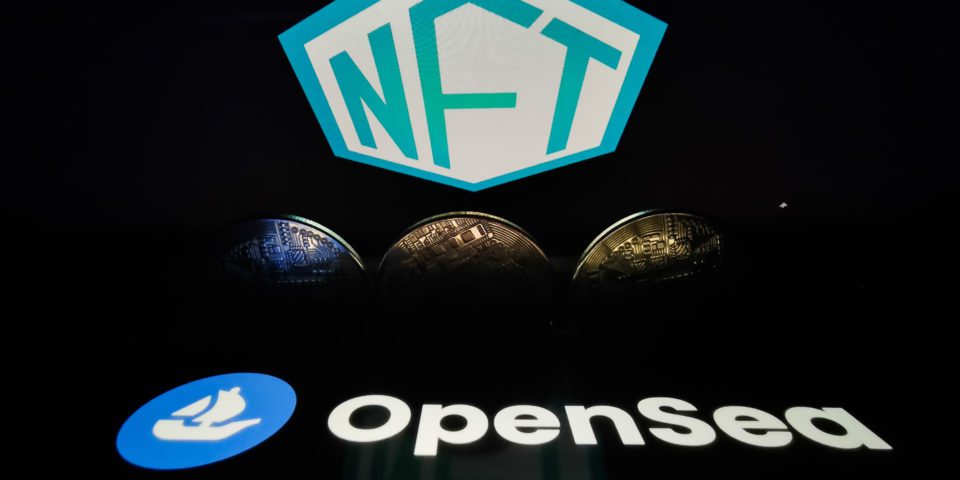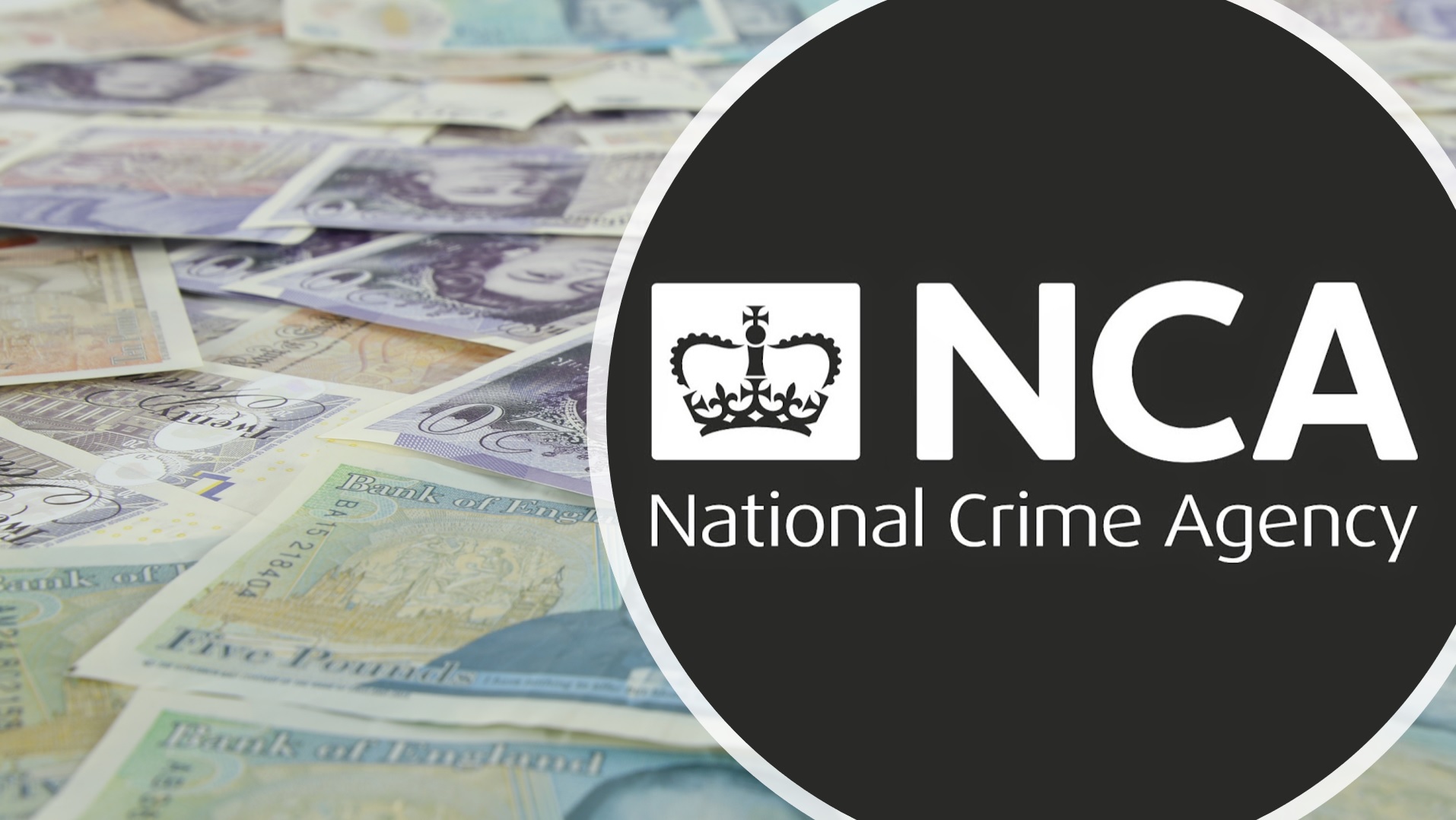A former product manager at OpenSea, the world’s largest marketplace for non-fungible tokens (NFTs), was never told that his decisions of which assets to feature on its homepage were confidential information, a defense lawyer said on Monday as an insider trading trial wound to a close.
Federal prosecutors in Manhattan last year charged Nathaniel Chastain with buying NFTs that he had chosen to feature on the marketplace’s website, and then netting more than $50,000 in illegal profits by selling them shortly after.
It was the first in a series of high-profile cases related to digital assets launched by the U.S. Attorney’s office in Manhattan last year, which called the charges against Chastain the first insider trading case involving digital assets.
The case could have broader implications for assets that do not fit into existing regulations preventing investment advisers, brokers and others from trading on material nonpublic information, legal experts have said.
Daniel Filor, a lawyer for Chastain, did not dispute that his client made the trades. But he said in his closing argument on Monday that that no one at the company told him he could not use or disclose information as to which NFTs would be displayed on the homepage.
“This isn’t Wall Street merger and acquisition information,” Filor told the jury. “Nate’s choices in his head about which NFT to feature weren’t considered by OpenSea to be confidential back then.”
Chastain faces one count of wire fraud and one count of money laundering.
Earlier on Monday, prosecutor Thomas Burnett said Chastain used anonymous accounts to trade the NFTs, which showed he knew what he was doing was wrong. “He was using OpenSea’s information like his own piggy bank,” Burnett told the jury. “It was as good as free money.”








